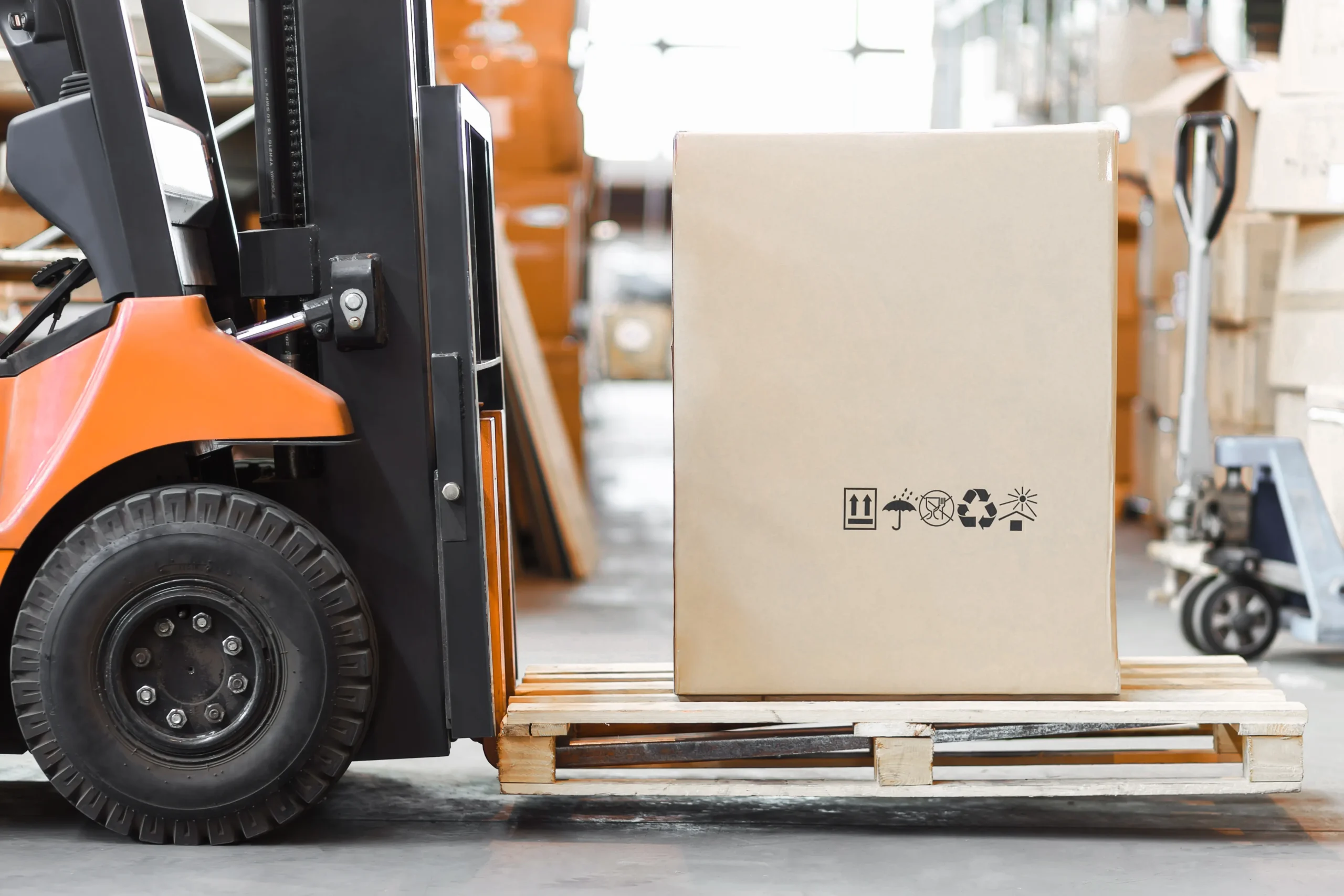Artificial intelligence has quickly made its way into the parcel shipping space and is reshaping how shippers manage their operations.
Many shippers are now turning to publicly available large language models (LLMs), like ChatGPT or Gemini, due to their general popularity and ease of use.
While public LLMs are powerful, they weren’t built for the complexities of parcel logistics. They lack the data connectivity, contextual understanding, and privacy safeguards required to make impactful business decisions at scale.
What Are General-Purpose LLMs?
Large language models (LLMs) like ChatGPT, Gemini, Claude, Grok, etc., are trained on general web data. They excel at understanding and summarizing text, as well as generating human-like responses.
However, they are generalists, not specialists.
Their generalized training gives them broad knowledge, not the domain-specific expertise needed for logistics optimization. Since general-purpose LLMs aren’t connected to your normalized parcel data, they can’t provide validated recommendations or perform real-world analyses.
For example, they can explain the 2026 FedEx General Rate Increase, but they can’t safely and accurately analyze your shipping profile to pinpoint where you’ll feel the greatest impact, or uncover cost-saving opportunities.
The Complexity of Supply Chain Optimization
Supply chain optimization isn’t a one-time event. It’s an ongoing, data-driven process that is unique to every shipper.
There’s a web of shifting variables at play, including:
- Carrier rate changes and surcharges
- Delivery performance fluctuations
- Shifting market demand and customer expectations
- Ongoing tariff turbulence
Plus, every shipper’s profile is unique. What drives cost savings or performance improvements for one company may not apply to another. That’s why optimization strategies can’t be one-size-fits-all; they have to be built around your business’s data and goals.
That data is often fragmented, though, and making sense of it requires advanced analytics and visibility to discover trends and inform smarter decisions.
Where General-Purpose LLMs Can Fall Short For Supply Chain Optimization
While LLMs are useful in many cases, they have clear limitations and risks when applied specifically to supply chain optimization.
Lack of Real-Time Data Access
First, they cannot connect to your carrier or live shipping data in a safe and secure way. Without that connection, LLMs are relying on static and historical data, which is often incomplete or inaccurate.
Not to mention, putting your business’s shipping data into a public LLM could breach your carrier and company data governance policies and agreements.
No Industry-Specific Training
The logistics industry is filled with nuance and context. A model trained on general internet data won’t inherently understand concepts like DIM weight pricing or zone skipping.
For example, they might be able to explain “how to optimize routes,” but can’t calculate which carrier or service actually minimizes cost for your shipping profile.
Lacks Accuracy
Even when a response sounds confident, it might not be grounded in verifiable data. This phenomenon, known as “hallucination,” means a model can produce an answer that looks correct but isn’t based on actual logic.
For example, if you asked generative AI to summarize a report about UPS rates, it could say, “UPS decreased shipping costs by 10% in 2025.” When in reality, the report actually discussed increases–the model hallucinated a false trend.
In a space where a few cents per package can mean millions in annual spend, that’s an expensive risk.
What Specialized AI Does Differently
Specialized AI is built for a specific purpose.
Unlike general AI that can answer broad questions, specialized AI is trained on industry-specific data and workflows, which makes its insights more accurate and actionable.
Specialized AI doesn’t just analyze information–it interprets it in context. For example, in supply chain management, it knows what carrier performance means and what actions will optimize cost without sacrificing service.
Because it’s tuned to real-world constraints and goals, specialized AI can move from generic predictions (“this might happen”) to operational guidance (“here’s what you should do next”). The result is faster, smarter decisions that directly improve performance.
SiftedAI Copilot
General-purpose LLMs are great at conversation and summarization, but they weren’t built for the complexity of the supply chain. That’s where specialized AI solutions, like SiftedAI Copilot, come in.
Here’s what sets SiftedAI Copilot apart:
- Secure: Your data never leaves the walls of SiftedAI.
- Logistics trained: It knows logistics and your business, securely using your data to work for you.
- Accurate: It provides actionable, data-driven outputs. If it doesn’t have the answer, it tells you that.
Not only is SiftedAI Copilot a form of specialized AI, it’s agentic AI.
Agentic AI is a form of artificial intelligence designed to operate more autonomously, taking actions toward goals rather than simply responding to prompts. It uses contextual awareness and domain knowledge to handle complex scenarios that other solutions struggle to comprehend.
To dig deeper into how specialized and agentic AI is reshaping logistics, we spoke with Kevin Knowlton, Engineering Manager at Sifted, who has been leading the development of SiftedAI:
“Even if you use a private or enterprise version of ChatGPT, it’s still not ideal for supply chain,” Knowlton said. “The complexity of securely connecting private logistics data to a large language model is enormous—that’s where Sifted comes in. We handle that integration securely so you don’t have to.”
The Future of AI in Supply Chain
We’re at the start of a major shift from generic AI to domain-specific intelligence.
Publicly available LLMs will continue to serve as valuable tools for productivity, but supply chain leaders need more than conversation—they need accurate and secure optimization.
“There will always be a place for general-purpose AI. But in logistics, the real power will come from domain-specific AI that lives where your data already lives,” Knowlton said.
The next generation of AI, led by agentic systems like SiftedAI Copilot, goes beyond answering questions. It actively solves problems and provides strategic recommendations based on real operational data.
AI is Only as Powerful as the Platform it’s Built Into
General-purpose LLMs are a starting point for parcel shippers, but not the best solution for safe and accurate optimization.
When accuracy, data privacy, and operational performance are on the line, only specialized AI can truly optimize your supply chain.
“We want SiftedAI Copilot to make complex shipping simple—to take the work that used to be unmanageable and make it effortless,” Knowlton said.
SiftedAI Copilot will be available via our beta program in late 2025 and widely available in early 2026.

Get notified when SiftedAI Copilot is live.











